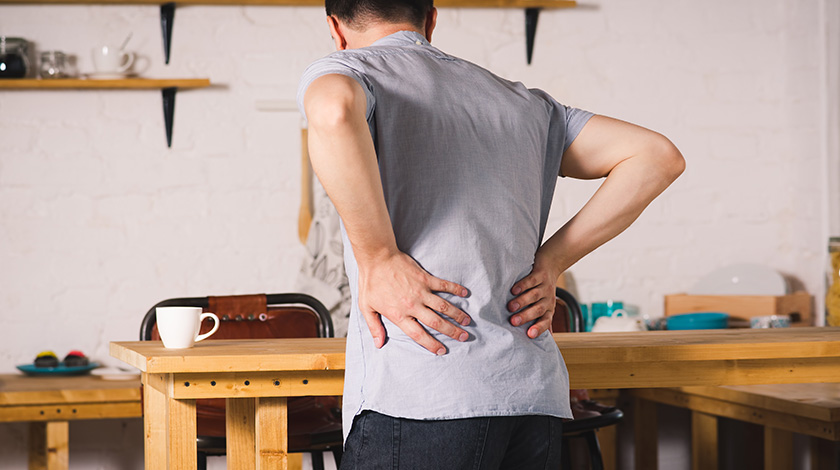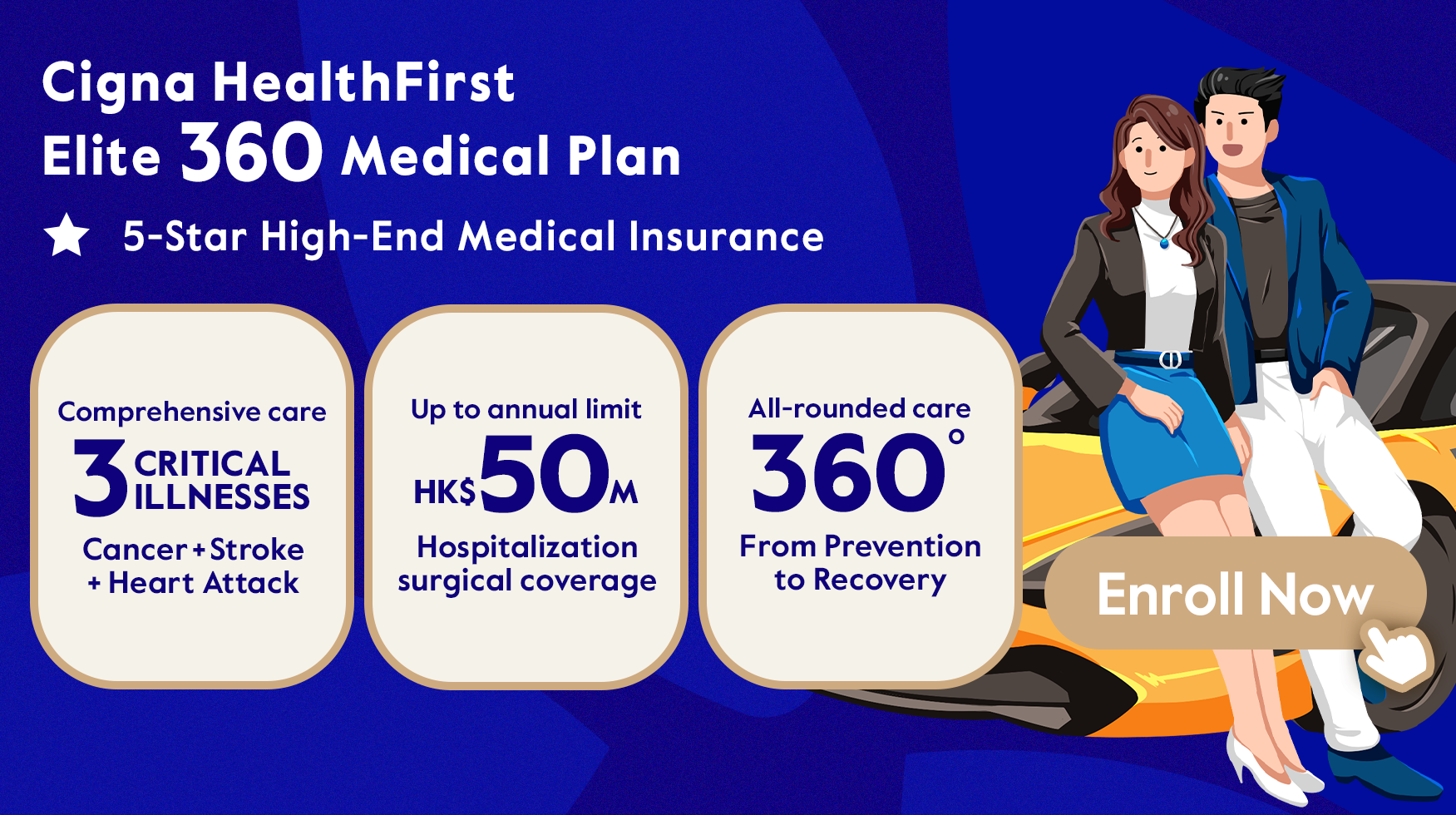What does kidney stone pain feel like? Kidney stone pain is one of the most severe types of pain imaginable. Some people who’ve experienced kidney stones compare the pain to childbirth. Apart from the overwhelming pain, the stones may lead to permanent kidney failure in severe cases. Other symptoms include back pain and frequent urination with low volume.
How Common Are Kidney Stones?
Over the last century, there has been a global increase in the number of reported kidney stone cases. It is estimated that one in ten people will have a kidney stone at some time in their lives. In Hong Kong, there are 6% of the population suffering from kidney stones. The risk of the male (10%) is higher than that of the female (7%), and the age of onset is generally between 20 and 40 years old.
What Are Kidney Stones?
Your urine consists of various chemicals and minerals. If the minerals are supersaturated, they precipitate into crystals and grow into gravel, then stones. Kidney stones refer to the crystals formulated and deposited in your kidneys or urinary system.
Types and Causes of Kidney Stones
Kidney Stones are categorised into four types and caused by different substances in your body. The formation of kidney stones mostly relates to your eating habits.
|
Types |
Causes |
Related Eating Habits |
|
Calcium stones |
They are the most common type of kidney stone, around 80%, caused by the excessive oxalate intake. |
Excessive intake of high oxalate foods, such as chips, peanuts, chocolate and spinach, leads to calcium stones formation. |
|
Uric acid stones |
They account for 5% of all kidney stones and precipitate when the acidity of the urine is too high. Males and gout patients are prone to uric acid stones. |
Excessive intake of high purine foods, including meat, seafood and soybeans, produces more uric acid and causes uric acid stones. |
|
Struvite stones (infective stones) |
They comprise 10-15% of all kidney stones and are prevalent among females with urinary tract infection. |
/ |
|
Cystine stones |
They account for only 1% of all kidney stones and are due to a rare inherited genetic condition. |
/ |
Other risk factors of kidney stones include:
- Dehydration (low intake of water or sweat a lot): Contribute to more concentrated urine, which allows minerals to accumulate and crystalise
- Gout, obesity and diabetes
- Excessive intake of proteins, sodium and sugar
- Previously received gastric bypass surgery
- Suffer from inflammatory bowel disease
- Family or personal history of kidney stone disease
Symptoms of Kidney Stone Disease
Kidney stones cause pain when they ‘drop’ out of the kidney and into the ureter, obstructing the urinary system and therefore urination. Difficulties in urination result in pain, vomiting and even kidney failure. If you experience the symptoms below, please seek medical advice as soon as possible.
- Pain: Although kidneys are at the lower back, the pain caused by kidney stones can extend to the entire back, lower abdomen, thighs and genitals.
- Nausea and vomiting: Symptoms, such as nausea and vomiting, happen when the pain is severe.
- Frequent urination, a persistent need to urinate, pain or burning sensation during urination, blood in the urine: If kidney stones lodge at the lower part of the urethra and close to the bladder, abnormal urination is observed.
- Urethral infarction: The persistent obstruction of the urethra by kidney stones may block urination and result in hydronephrosis and kidney failure.
For some asymptomatic cases, the obstruction caused by kidney stones is too severe that the ureter is unable to excrete the kidney stones. Without feeling painful, patients may not consult their doctors leading to delayed treatments and the deterioration in conditions.
Treatments of Kidney Stones
Sizes of kidney stones vary and they are commonly found in the human body. You may also have several tiny stones accumulated while having a body check, ultrasound scan or body scan. If no symptoms are observed, you could wait and see without visiting your doctors.
Your doctor would suggest suitable treatments regarding the sizes and types of kidney stones. For treating small kidney stones (less than 5mm) with minimal symptoms, it is recommended to drink 2.5 to 3L of water to excrete the stones; for large stones and those with symptoms, more-extensive treatments are required, such as medications or surgeries.
Kidney Stone Surgeries and Their Costs
There are three types of kidney stones surgeries as below.
|
Surgeries |
Procedures |
Corresponding Kidney Stones Conditions |
Fees (HKD)* |
|
Extracorporeal shock wave lithotripsy (ESWL) |
The stone is located using X-ray imaging or ultrasound scanning. While you are lying down, a machine called a lithotripter sends targeted shock waves to break up the kidney stone into pieces small enough to be passed naturally. The surgery can be performed at day surgery centres. |
Small kidney stones in kidneys and urethra |
|
|
Ureteroscopy and fragmentation of the stone using a laser (URSL) |
If the stone is stuck inside the ureter, a ureteroscope can be passed up through the bladder and into the ureter. The stone is broken into dust using a Holmium laser. You could be discharged on the first day after the surgery. |
Kidney stones lodged in ureter |
Hospital Authority Private Services: $19,350 - $30,450 |
|
Percutaneous stone extraction from the kidney (PCNL) |
Large stones may need to be surgically removed from the kidney. The procedure is done under general anaesthesia, and you will usually need to stay in the hospital for a few days postoperatively. |
Kidney stones sized over 2cm |
Hospital Authority Private Services: $48,850 - $59,950 |
*Prices as of 11 Feb 2021
Note: Some of the plans do not include special procedures. For detailed pricing, please contact the respective hospital.
Things to Take Notes Before & After Surgery
Before performing any kidney stone surgeries, please reveal your entire medical history to your doctors (such as diabetes, heart disease and high blood pressure).
- Stop eating or drinking at least 6 hours before the surgery (or following your doctor’s instructions). Please consult your doctors if you could continue to take regular medications.
- Drink more water after surgery. It is recommended to take in more than 3L of fluid, eat light and avoid high oxalate foods.
- You may experience slight pain at the incision site, discomfort and blood in your urine for a few days, especially if you have a ureteral stent in place.
- You should seek medical advice if you have these conditions, such as bleeding, severe pain, fever and stenchy discharge.
Preventing Kidney Stones with Diet
Below is some general dietary advice for preventing kidney stones.
- Drink more water: Dehydration is common among urbanites living a hectic life. Research shows that drinking 2L of water per day can prevent kidney stones effectively.
- Eat fewer oxalate-rich foods: Lower your consumption of strong tea, spinach, beetroot, chocolate and nuts; drink milk occasionally to neutralise the oxalate intake.
- Lower salt intake: Sodium is the major component of salt. An excessive amount of sodium in the body increases calcium deposits in the urine. You should not take in more than 4 to 5g of salt per day.
- Eat less meat and proteins: Excessive intake of animal proteins raises the excretion of calcium, urate and oxalic acid in the urine, eventually the risk of kidney stones. Suggested daily intake of an average adult = Weight per kg*0.83g of proteins.
Cigna HealthFirst Elite 360 Medical Plan offers comprehensive and personalized medical coverage across the stage prevention, diagnosis, treatment and recovery, with a range of hospital and surgical benefits, optional insurance benefits with an annual limit of up to HK$50 million, personalized health assessment, three critical illnesses(cancer, stroke and heart attack) all-rounded care and international medical concierge service. A 360-degree total health protection that spans across all the key stages of your health journey. Learn more here.
Sources:


